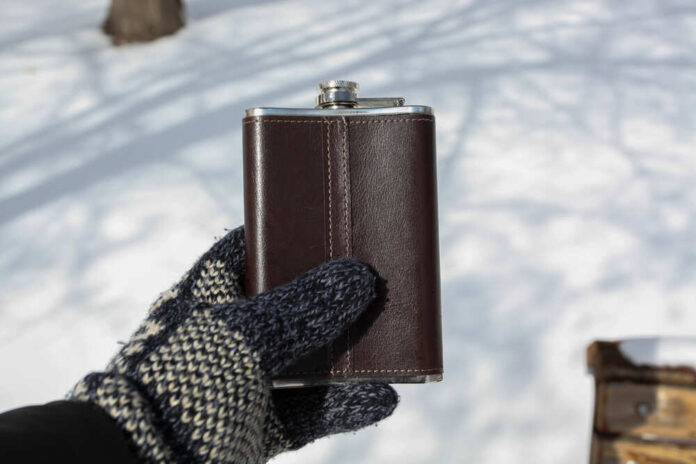
Ever pondered if indulging in alcohol truly brings warmth? Despite the widespread belief that it does, the reality presents a stark contrast.
Alcohol might momentarily induce a feeling of warmth by widening blood vessels and directing warm blood to the skin, creating a transient sense of comfort. However, this process facilitates heat dissipation from the body, leading to an actual decline in core body temperature, often unnoticed. Such a scenario can pose risks, especially in harsh weather conditions, heightening the possibility of hypothermia.
Beyond its immediate effects, alcohol can disrupt the hypothalamus, a critical region in the brain that regulates core body temperature. This disruption impairs the body’s natural temperature regulation mechanisms, rendering individuals more susceptible to external temperature fluctuations.
Furthermore, research from the Army Research Institute of Environmental Medicine has shown that alcohol consumption can intensify the decline in core body temperature when exposed to cold environments by impeding the body’s innate shivering response.
It’s crucial to recognize that the impact of alcohol on body temperature varies based on several factors, including consumption volume, personal tolerance, overall health status, and even certain medical conditions or medications. While some individuals may experience more pronounced effects, others may exhibit greater resilience to temperature changes induced by alcohol consumption.
When consuming alcohol in cold settings, experts recommend taking preventive measures such as dressing warmly, refraining from extended strolls in the cold, and minimizing exposure to chilly conditions for prolonged periods. Despite the transient sensation of warmth that alcohol may impart, it’s imperative to acknowledge its potential to reduce core body temperature, thereby posing potential health hazards.














